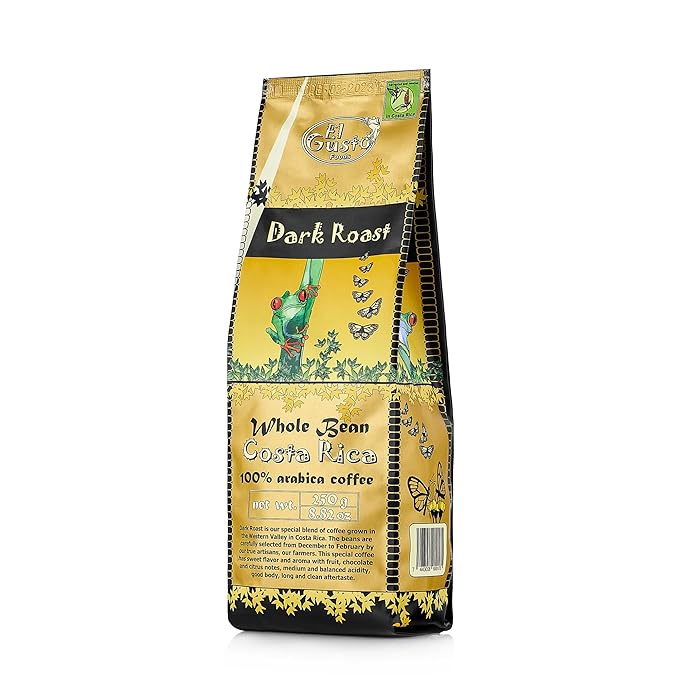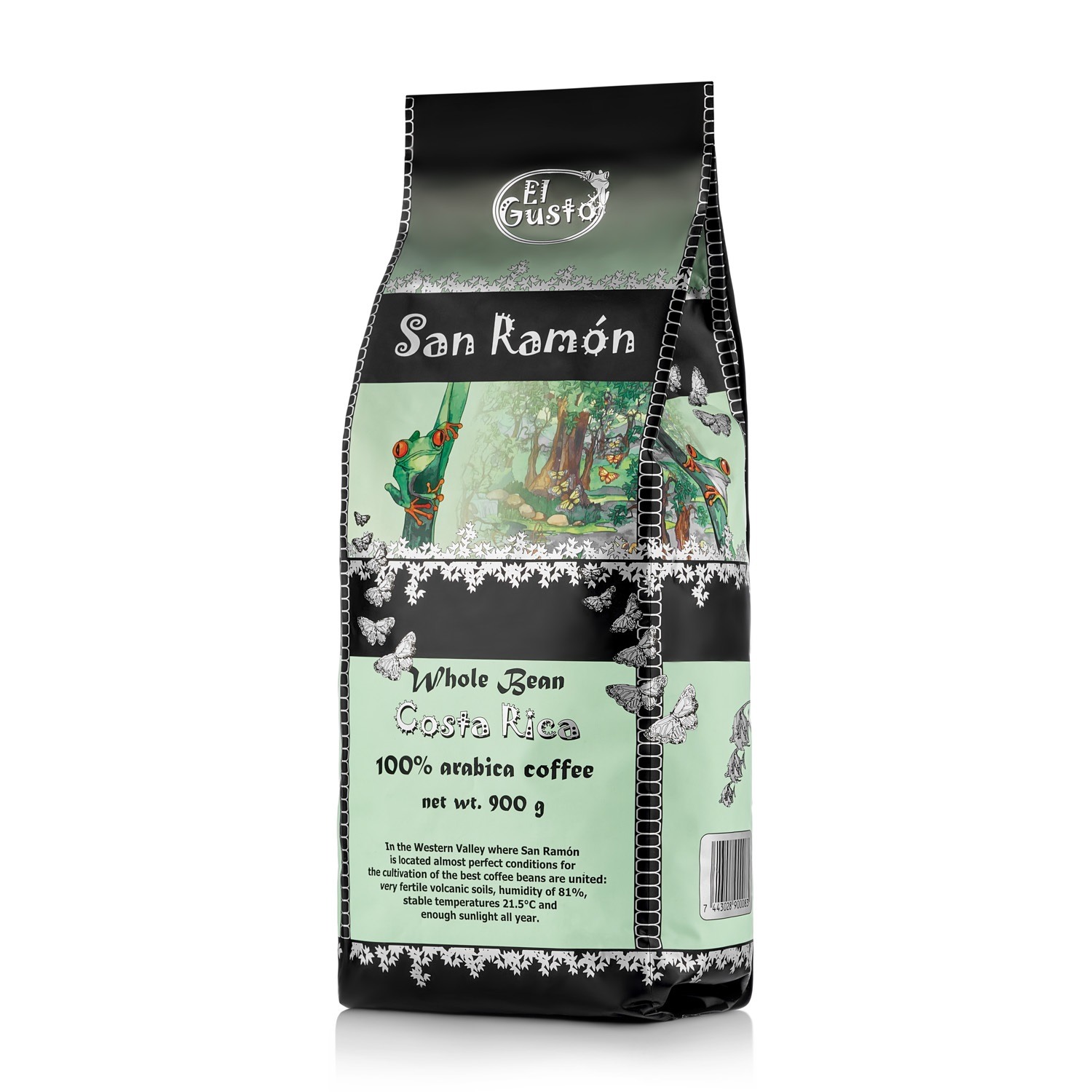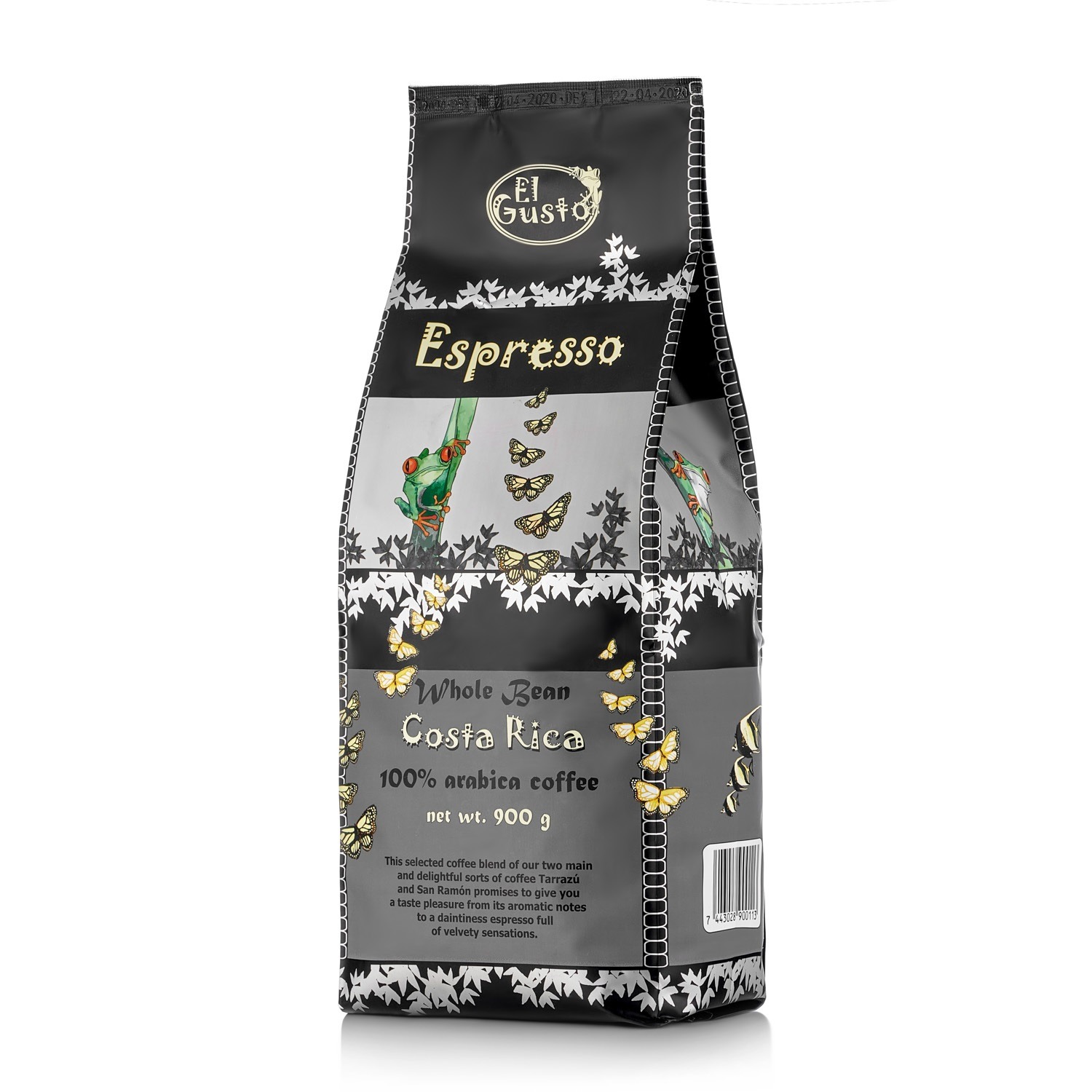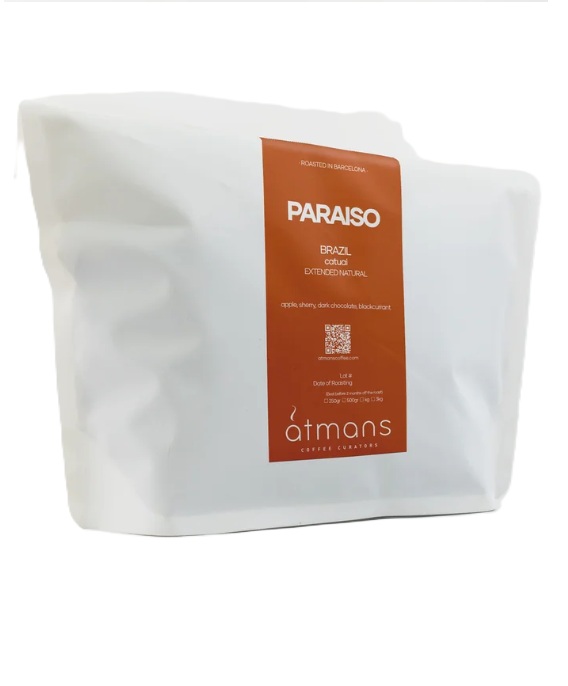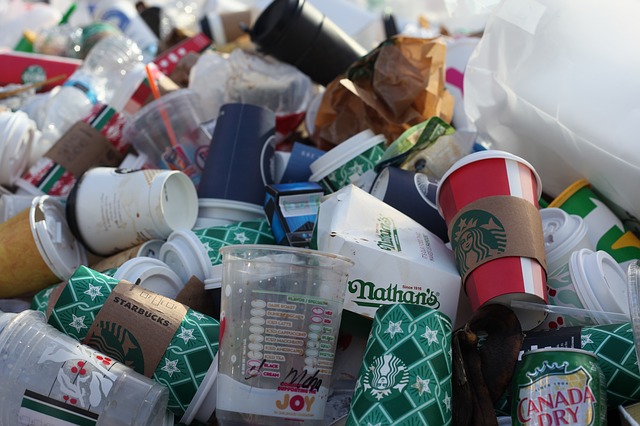
Starbucks, Dunkin Donuts Taxes on Disposable Cups in Berkeley, California
Starbucks, Dunkin Donuts Taxes on Disposable Cups in Berkeley, California
- Shelli Galici
- 02-05-2019
- 29-07-2025
- 2114 views
- Coffee Shop, Featured Articles, Information

How Starbucks, Dunkin Donuts. and other big coffee chains taking action on the ban of disposable coffee cups?
It had already cited numerous times on several media platforms that “coffee is the second most traded commodity next to oil,” that is why it is no surprise why coffee shops is a booming industry these days, and to top that off where the Luckin Coffee in China is competing with the king of the coffee chains Starbucks. However, this topic is not all about the rival of the coffee chains in South East Asia, but on how the Dunkin Donuts, Starbucks are taking action on the ban of using disposable cups. Is the brand-new memorandum can help in decreasing the piling of disposable cups in the garbage bin?
Waste management has been a long battle for the environment where plastic is being out of rage occupying not only the land but has already invaded the water. And since one of the patronize business in the industry is coffee where disposable cups are often used by almost all coffee chains for the takeaways, in return of this billion dollar business is an overwhelming amount of garbage causing havoc in the environment.
Now the city of California who takes pride in practicing all things civic and environmental, and being an advocate to recycling, banned the use of styrofoam and plastic shopping bags had released a new memorandum earlier this year inflicting: The To-go coffee cup in the Berkeley city council.
The ban on using disposable cups for waste management is a hot topic since the campaign has started. The big coffee chains are the key players in this memorandum that need to take action on their coffee takeaways hence, according to the city council, an estimated 40 million disposable cups are tossed in the garbage each year this includes one coffee cups per household each day. So in January earlier this year, the city had announced to all coffee shops to take an extra charge of 25-cents for customers who use a takeaway cup. “Waiting is no longer an option,” Sophie Hahn, the Berkeley city council member who wrote the legislation, said at the time. – Bloomberg
Of course, this announcement did not surprise the owners of the big coffee business, and they have been working to create an alternative to the plastic-lined, double-walled, plastic-lidded paper cups that are environmentally friendly for not only for their patrons but to help in reducing of the world waste problem.
The road is long for most of the business owners for it is not that easy to create a new solution into the problem, but the Dunkin Donuts who recently renamed itself and not focusing too much to its original products which are donuts, but centering on the broader venture in coffee is making an effort on redesigning the chain’s cup, after undertaking to stop the use of foam cups in 2010.
“It nags at my soul,” said Scott Murphy, chief operating officer of Dunkin’ Brands Group Inc., which goes through 1 billion coffee cups a year. After years of curating this year the company had finally transitioning from the styrofoam cups to using paper cups, this is a good start for the company to improve and make better designs in the future.
With the new memorandum of the city of Berkeley, California in imposing to have additional 25-cents charge in takeaway cups, and advising the residents to bring their travel mugs along with their reusable shopping bags when buying their daily dose of coffee. The two big coffee chains agreed on the notice and even offered discounts to those who will bring their mugs.
Before this memorandum had finalized the Starbucks company has already been giving discounts to those who bring their mugs, but sadly about 5 percent of their costumers are actively participating in their campaign. Base on Starbucks report seems new notice to have 25 cents added tax to every takeaway cup is not a big deal with the patrons.
The best way to do this is to develop an environmentally friendly coffee cups, and the city to have a better recycling organization on their garbages. However, the impose value-added tax may help for a short term, but people will always go back to the old habits not minding the added value on every single cup they purchased.
Dunkin’ says it’s working with municipalities to make sure that cups that can be recycled actually will be. “It’s a journey—I don’t think it will ever be over,” says Dunkin’s Murphy.
The banning of disposable coffee cups is a never-ending challenge to the big coffee chains. McDonald’s Corp. recently teamed with Starbucks and other quick-serve restaurants to back the $10 million NextGen Cup Challenge—a “moon shot” to develop, accelerate and scale a more sustainable to-go cup. In February, the contest announced 12 winners, including cups made of compostable and recyclable paperboard; the development of a plant-based lining that could keep liquid in; and schemes aimed at encouraging reusable cup use.
“We’re looking for solutions that are near-term commercially viable and things that are aspirational,” said Bridget Croke, vice president of external affairs at Closed Loop Partners, a recycling-focused investment firm which is managing the challenge.
Having a 100% eco-friendly coffee cups is an effective solution with the disposable cups problem, but it will cost a lot of money to produce billions of cups for a single coffee chain, and the bottom line is, this is effective, but it is not sustainably effective.
The Berkeley council memorandum is meant to test human behavior and not the purpose of tax. Each coffee shops in Berkeley need to compromise with the new notice and they can keep the extra feed, or lower the regular prices so that costumers can still pay the same. The coffee shops need to inform their patron about the ongoing surcharges “It has to be visible to the customer,” Gordon said. “That’s what motivates people to change behavior.”
All pieces of information are credited to the Bloomberg report.








